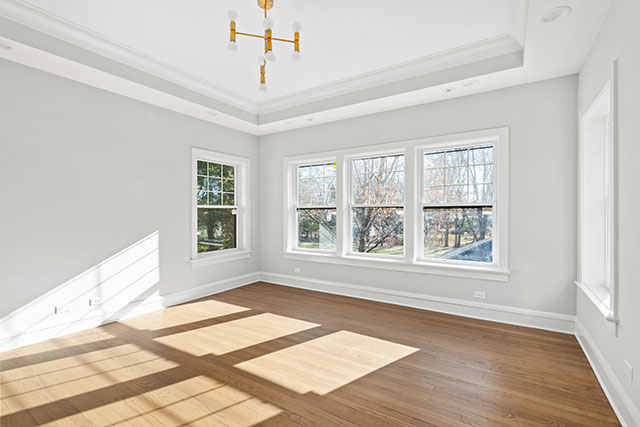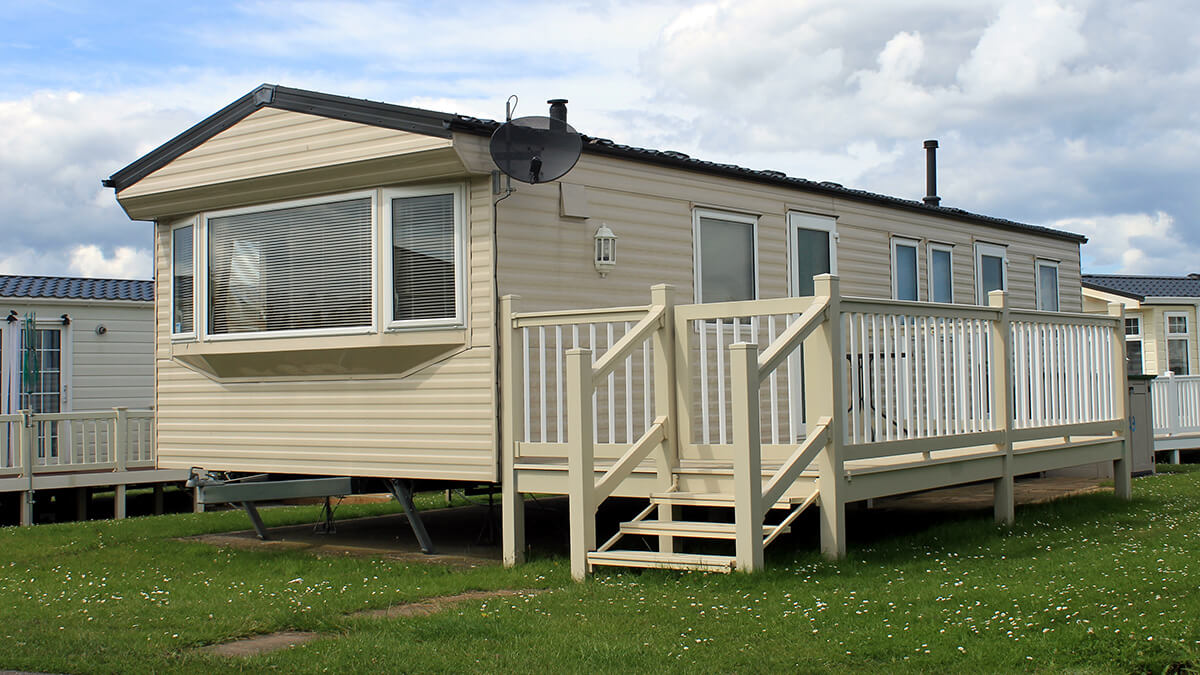What is Vacant Home Insurance?

Whether you're moving, renovating or putting your home up for sale, you might be able to benefit from having vacant home insurance if you're expecting your home to be unoccupied for an extended period of time.
When is vacant home insurance right for you?
Vacant home insurance provides coverage for homes that are unoccupied and empty.
Coverage for homeowners, landlord or seasonal home policies generally only cover a vacancy of between 30 to 60 days - meaning you could lose coverage on your unoccupied property.
This is because unoccupied dwellings present a unique risk profile with less regular maintenance, a higher risk of vandalism and a higher risk of unwelcome visitors or animals moving in.
What can vacant home insurance cover?
With no belongings in the home, vacant home insurance can vary, but it may start with a base policy that covers the dwelling for damage caused by perils specifically named in the policy. Common perils may include things like fire, lightning, windstorm or hail, explosion, riot or civil commotion, aircraft, vehicles and smoke. Some companies may offer optional endorsements that broaden the coverage. For example, an optional comprehensive coverage endorsement, would provide coverage for the dwelling and other structures such as a garage for all perils unless specifically excluded. Check out this vacant home insurance Learning Center article for more information to consider if you're looking for vacant home insurance.
While research1 suggests that vacant properties attract and may encourage criminal behavior, often attracting squatters, drug users, mischievous kids and other kinds of trouble, many insurers exclude coverage for vandalism and malicious mischief to vacant properties.
Foremost offers an optional coverage endorsement for vandalism or malicious mischief on unoccupied homes There's also optional liability coverage in the event you are found legally responsible for an accident occurring on the property.
If you've got a vacant or soon-to-be-vacant home that you're seeking coverage for, find a Foremost® Agent near you or call us at 888-244-8092 to help guide you through your insurance experience.
Sources:


